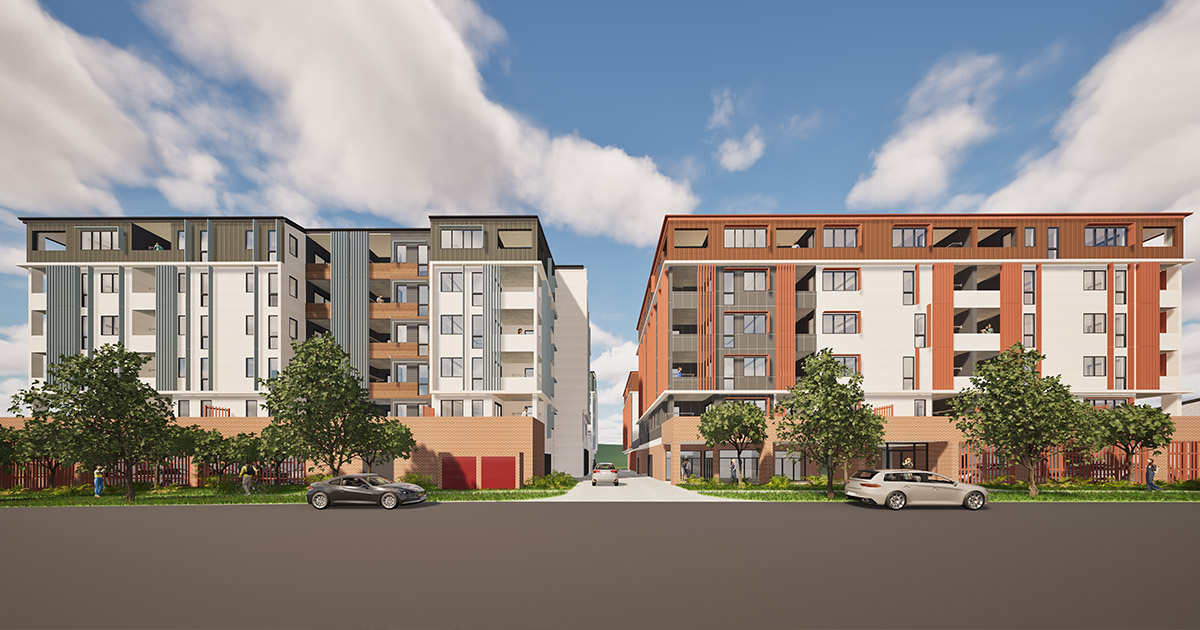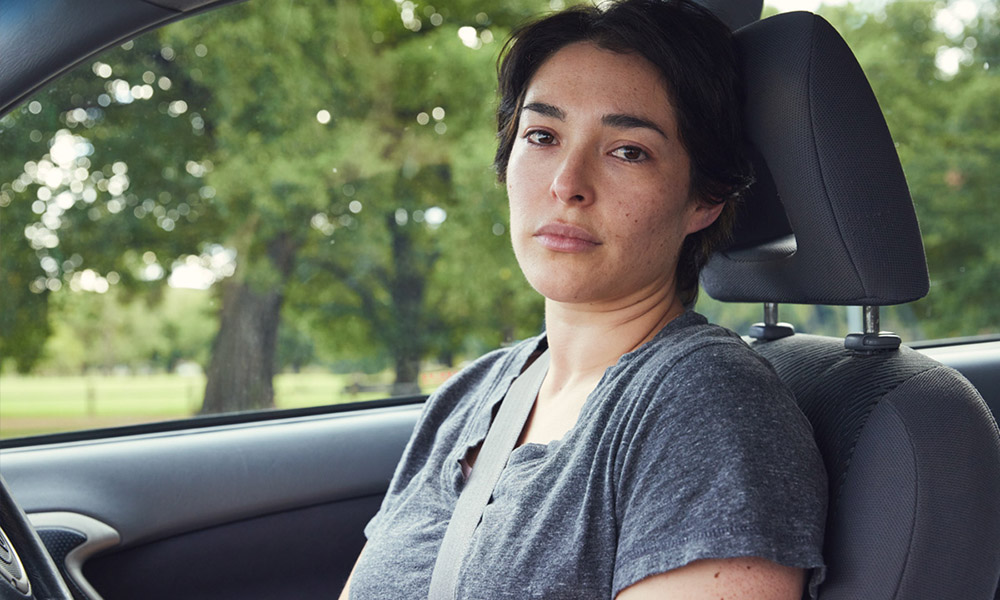REVEALED: Young people’s top issues and concerns in 2021
- Details
Young people in Australia aged 15 to 19 years have revealed their greatest issues in 2021 relate to COVID-19, the environment, equity and discrimination, mental health, education and job prospects in Mission Australia’s new Youth Survey Report 2021.
With 20,207 young people surveyed for the 20th annual Youth Survey between April and August this year, this landmark report provides rich and compelling evidence collected during the second year of the COVID-19 pandemic about young people’s challenges, concerns, experiences and barriers to achieving their goals.
Mission Australia’s CEO James Toomey said: “Young people are showing they’re aware of and care about social and personal issues affecting themselves, their peers and their country. Listening to and acting on these crucial insights has always been vital and is now more pressing than ever as we round out our second year of COVID-19 pandemic challenges.
Now is a critical time to make sure young people are heard. Young people can and should create and advise on solutions that will address issues that affect them, other young people, and Australia. The Youth Survey is just one way of capturing the voices of young people, but they are telling us that they want to feel heard in political and decision-making processes.
COVID-19 (45.7%), the environment (38.0%) and equity and discrimination (35.4%) topped the key issues in 2021 that young people feel Australia must address.
“These responses are given in the context of a crescendo of public dialogue accompanying national and international events such as COVID-19 lockdowns and outbreak responses, climate change campaigns, extreme weather events such as bushfires, drought and floods, and the Black Lives Matter movement,” Mr Toomey said.
For the first time, COVID-19 is most important national issue according to young people, rising from second place in 2020 (38.8%) to the top spot in 2021 (45.7%) – an increase of 18%. Survey responses reveal the pandemic and associated public health responses had a negative effect on young people’s health, wellbeing and education in 2021. Young people said COVID-19 and the related lockdowns had adversely impacted their ability to participate in activities (68.3%), their education (62.3%) and mental health (50.3%). Female and gender diverse respondents reported feeling much more impacted by COVID-19 across almost all areas when compared with male respondents.
This year has seen more extensive disruptions to young people’s education and job prospects. A smaller proportion of young people were studying full-time in 2021 (84.5%) than in 2020 (86.6%), and too many young people felt their mental health, academic ability and COVID-19 were the main barriers standing between them and their work and study goals. Notably more gender diverse young people (70.0% compared with 46.6% of all respondents) felt there were barriers to achieving their study or work goals. Compared to their peers, much higher proportions of gender diverse young people identified mental health, discrimination, lack of family support and lack of school support as barriers to achieving their study or work goals.
“Without the right supports and policy settings in place, there is a real concern the pandemic will have long-term impacts on our young people,” Mr Toomey said.
Following COVID-19 as the top national issue, close to four in 10 (38.0%) young people say the environment is a key national issue – more than doubling since 2012 (18.0%), and one quarter (25.5%) are extremely or very concerned about climate change.
Echoing existing research, Mr Toomey says these figures taken together with survey respondent comments show climate change is taking a psychological toll on young people across Australia.
“No doubt concerns about the lack of action on climate change in Australia during the past several years has affected the mental health of young people. We should all be concerned about the impacts of this on young people, who are tomorrow’s workers, parents and carers,” Mr Toomey said.
With equity and discrimination identified as an important national issue according to more than one third (35.4%) of young people, more than one third (34.2%) of those surveyed had been unfairly treated in the past year – which was higher than the 27.0% of young people who experienced unfair treatment in 2020. This treatment was most commonly due to their gender (37.3%) – with far more gender diverse young people, and more young females than males citing this. Other reasons for unfair treatment were mental health (27.6%), or due to race/cultural background (27.6%) which was endured by more Aboriginal and Torres Strait Islander young people than their non-Indigenous peers.
“Gender and racial discrimination very much exist in our country in the eyes and through the experiences of young people, and our Youth Survey tells us that young people in Australia want it brought out of the shadows and into the light,” Mr Toomey said.
Health and wellbeing issues were also highlighted in this year’s Youth Survey. Four in 10 (41.9%) of young people were extremely or very concerned about mental health and one third (34.6%) of young people felt mental health is an important national issue. Once again, young people’s top three areas of personal concern relate to their mental health and wellbeing: coping with stress (46.0%), mental health (41.9%) and school or study problems (36.8%). This year was also very stressful for more than four in 10 (44.5%) young people who said they felt stressed either all of the time or most of the time. Gender diverse young people experienced poorer mental health than their peers, with 72.2% of gender diverse young people identified feeling extremely or very concerned about their mental health, 45.4% rating their mental health and wellbeing as poor and they were far more likely to be extremely or very personally concerned about bullying/emotional abuse and personal safety than their peers.
Concerningly, far too many young people’s exercise, screen and sleep habits do not meet the Australian physical activity and exercise guidelines, with more than two thirds (67.4%) reporting less than seven hours of exercise weekly, around three quarters (77.0%) engaging in screen use more than five hours daily and one third (35.7%) using screens for more than nine hours, and around one in five (21.6%) getting six hours or less of sleep a night.
Encouragingly, the Youth Survey Report 2021 shows that more than half of young people are very happy/happy (53.4%) overall with their lives and are very positive/positive (51.6%) about the future, although these figures have dwindled since 2020. Nearly half (46.3%) of young people are confident in their ability to achieve their study and work goals, they highly value friendships (other than family) (81.9%), family relationships (77.4%) and their mental health (66.9%), and participate in a range of activities, most commonly sports (as a participant), sports (as a spectator), and arts/cultural/music activities.
Mr Toomey concluded: “Our Youth Survey 2021 reveals cause for optimism in many respects, and that many young people are doing well while taking on 2021’s challenges.
“But we know that more must be done to ensure young people have ample opportunities to access education, employment and services when they need them, particularly as we move toward pandemic recovery and a ‘COVID-normal’ existence. Regardless of a young person’s background, location or experience, access to appropriate support at the right time can be life changing.
“The nuances of different emerging issues in respect of gender and Aboriginal and Torres Strait Islander status indicate that policy and service responses for young people must be properly customised and adapted. A ‘one size fits all’ approach is not fit for purpose – it simply doesn’t work.
Young people have the answers. It’s a matter of ensuring they are genuinely listened to, included in decision-making processes, and their concerns acted upon. It’s the brightest way forward for us all.
The results of the Youth Survey are shared with governments, non-government organisations, schools and the media to inform the debate around the circumstances of young people in Australia and to support the development of policies, services and programs that have the needs of young people at their core.
Read the report
Related media releases
Read about what we’ve been working on, our stance on important social issues and how you make a difference to vulnerable Australians' lives.

Mission Australia says more housing & homelessness investment needed in NSW Budget

Ground-breaking ceremony launches Toowoomba housing project

